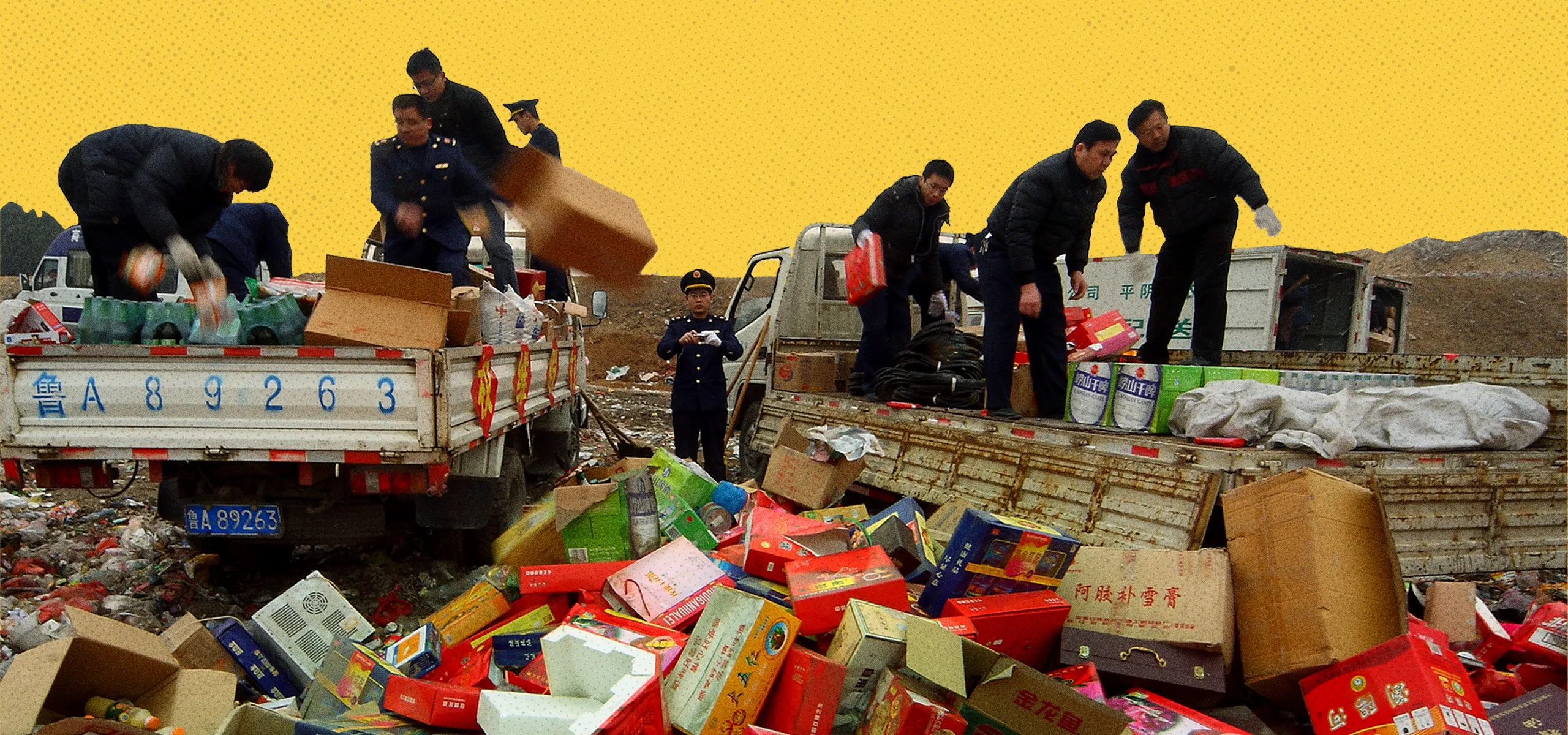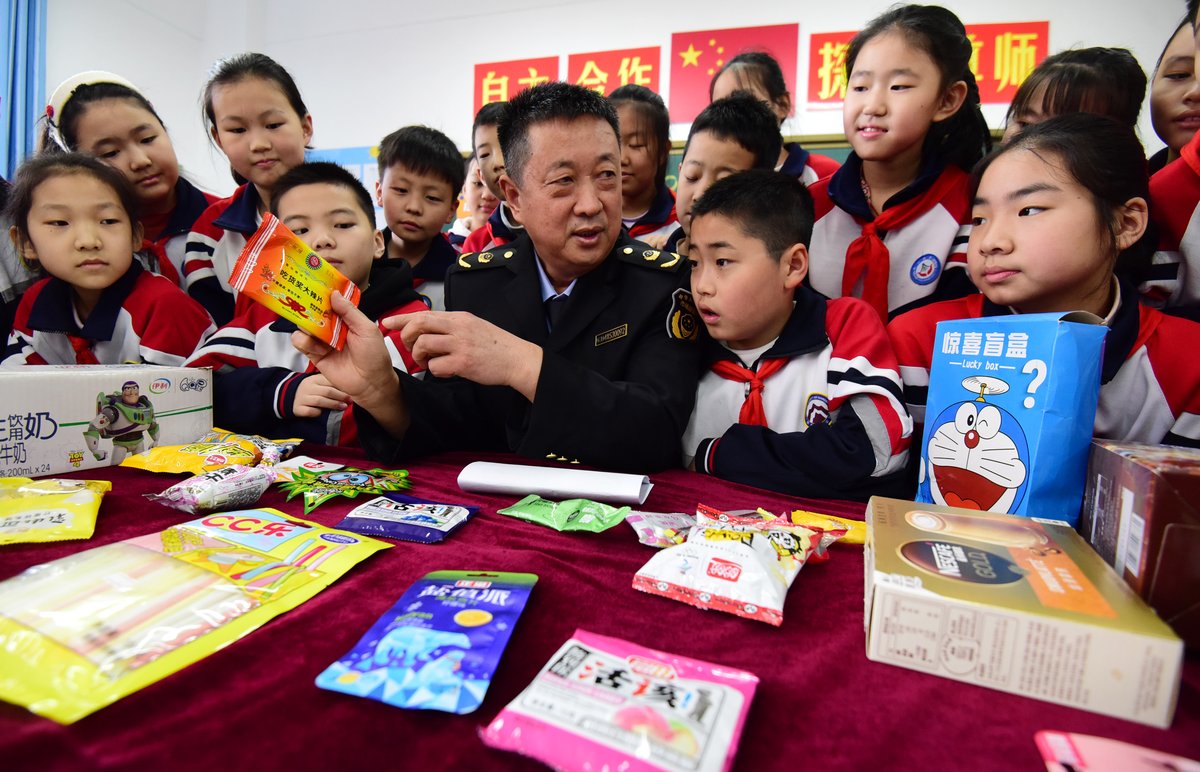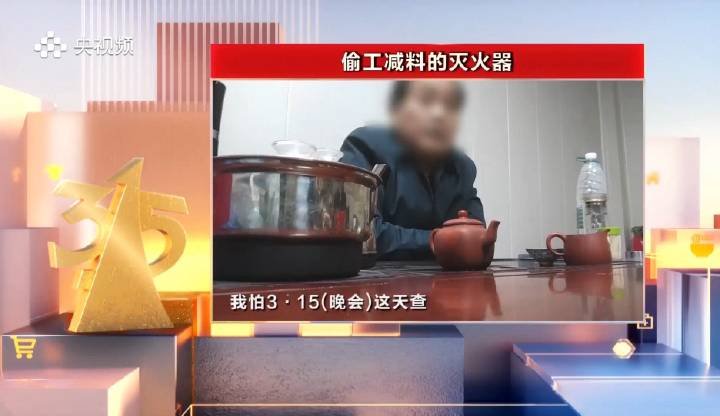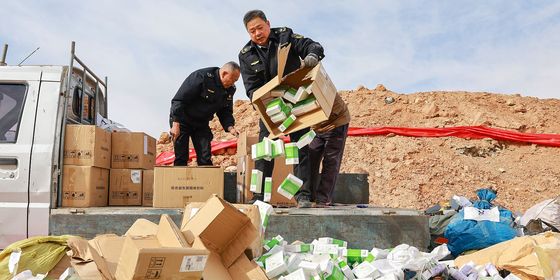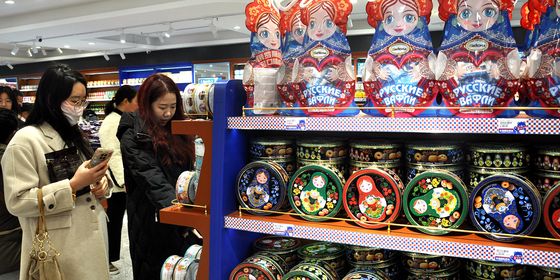China’s annual “3.15 Gala” revealed yet another host of scandals and scams
This March 15 produced another round of disturbing and disgusting news stories during China’s “3.15 Gala.” Produced by the state broadcaster CCTV, the annual TV show aired on World Consumer Rights Day presents a series of undercover investigations that expose wrongdoing by brands and companies.
From toxic meat in pre-prepared meals to apps scamming vulnerable people, this year’s gala sparked heated discussion online. Though some argue the gala is for show, and would prefer lasting cultural and legal shifts that preemptively prevent dubious business practices, many are grateful for even just one night devoted to consumer justice.
Here are some of the firms and items under fire during this year’s show. You best avoid them.
Faulty fire extinguishers
Fire safety has become a hot topic in China in recent months after a series of deadly fires made headlines, so this exposé of faulty fire extinguishers has only added to the public’s concern.
When reporters went undercover to purchase extinguishers from wholesalers, they discovered that many merchants sold equipment that fell well short of national standards.
The government-mandated level of ammonium dihydrogen phosphate, the major ingredient in fire extinguishers, is 75 percent. However, some sellers have reduced this to as low as 20 percent to cut prices, rendering the extinguishers ineffective.
Fire safety laws in China require that public spaces and buildings be equipped with fire extinguishers. Authorities inspect these spaces but undercover reporters found manufacturers offered clients fake safety certificates and a few legitimate extinguishers to dupe inspectors.
One merchant was caught on a hidden camera telling an undercover reporter: “This can’t put out fire. The more you spray the bigger the fire’s going to be.” Netizens were enraged by the seller’s joking tone. Many called for harsher punishment for such vendors.
Authorities have launched inspections of the wholesale markets named in the investigation.
Toxic meat meals
A backlash against pre-prepared food, or yuzhicai (预制菜), has gained momentum in the past year and revelations on Friday about the use of faulty meat in “braised pork belly with preserved vegetables (梅菜扣肉),” a signature dish from Guangdong, has further fueled public anger.
Reporters found that the pork used for these dishes were dubious cuts of meat from where a pig’s head connects to its body. This meat contains a large number of lymph nodes, fatty tumors, and the thyroid gland. China’s food safety rules mandate these kinds of meat must undergo significant processing as the thyroid gland in particular contains a high level of thyroid hormones that can become toxic if consumed.
Reporters found that the factory in Anhui province, which manufactures these pre-prepared meals, had previously been fined for similar misconduct, but had continued the dubious practice covertly. There were several food safety scandals revealed during this year’s “3.15 Gala,” with many netizens vowing to cook more at home to guarantee their hygiene.
The pre-prepared dish has since been pulled from all e-commerce sites.
Performance enhancing liquor
It turns out Kweichow Moutai is not the priciest baijiu (a traditional liquor commonly made from sorghum) in China. Ting Hua, a luxury baijiu brand, sells its products for as high as over 50,000 yuan per bottle. The company’s adverts are everywhere, from the walls of elevators in residential compounds to magazines on airplanes. Netizens have found that even CCTV, the state broadcaster that accused Ting Hua of false advertising on Friday, has previously aired the brand’s commercials.
But Ting Hua is now accused of false advertising. When reporters visited several of the brand’s stores, the salespeople uniformly emphasized how their products could cure erectile dysfunction. The brand backed its statement with an internationally recognized patent for its ingredient, claiming that a combination of alcohol and special cooling agents can improve sexual performance. However, when reporters contacted the company that filed the patent for Ting Hua, they discovered that the patent was only filed, not approved, and the so-called special “cooling agents” were just mint leaves.
“It’s a good thing that it costs over 50,000 a bottle, at least poor people won’t be scammed,” one netizen commented on the news on Weibo. Many also joked that any product could become a bestseller as long as it’s marketed as a Viagra alternative.
The company responded to the accusations with a statement on its website announcing it had formed a special investigation team to address any illegal activity. Its official WeChat account has been suspended and Ting Hua’s products pulled from most e-commerce sites.
Fake soulmates
As young Chinese workers struggle with work-life balance, many are turning to online matchmaking services to find love. These platforms customized services to help find the ideal partner. However, reporters have discovered some of these companies are scamming clients out of small fortunes by stringing them along with false promises of romance.
The matchmakers at Jiayuan.com (who seem much more like sales agents) were trained to vet the customers’ financial backgrounds before taking them on and then brainwash them into believing that a matchmaking site is their only hope of ever finding love and marriage. The matchmakers often concocted fictional partners for their clients to keep them interested.
Jiayuan.com has suspended operations at some of its offline stores where clients typically meet with their matchmakers. Ironically, the company is also a major sponsor of China’s hit dating game show If You Are the One, which has long been criticized for being heavily scripted.
“People should really ask themselves why someone who is perfect in every way would need to resort to a matchmaking platform,” one netizen commented on Weibo.





